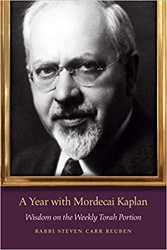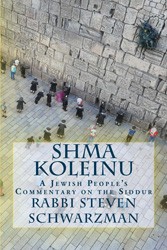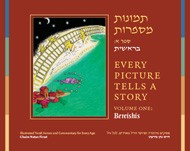By
– August 26, 2011
Miqraot Gedolot conjures up an image of something majestic but also inaccessible. Also called the Commentator’s Bible, it is a page of Bible surrounded by commentaries. Rashi and Ibn Ezra, separated by more than 200 years, are made to converse with one another as they differ on the
meaning of a word or a detail in the narrative. In this way we are invited into a conversation with a throbbing, living text. Much like the Steinsaltz English Talmud, the JPS Commentator’s Bible takes this traditional conversational format and makes it accessible in English. The Leviticus volume places the Hebrew text of the Bible as the beating heart at the center of each page. It is surrounded by translation and comments from Rashi, Ibn Ezra, Nahmanides, and a selection of others including Abarbanel, Gersonides, and David Kimchi.
Leviticus is a worthy addition to this series. This book of commentary wrestles with ideas rarely appreciated outside of houses of Jewish learning, such as purity and impurity, or the role of the sacrificial system in ancient Israel and in the prayer service today. This book, with its accessible new translation of these commentaries, brings a whole world of learning to the English-speaking Jewish world
meaning of a word or a detail in the narrative. In this way we are invited into a conversation with a throbbing, living text. Much like the Steinsaltz English Talmud, the JPS Commentator’s Bible takes this traditional conversational format and makes it accessible in English. The Leviticus volume places the Hebrew text of the Bible as the beating heart at the center of each page. It is surrounded by translation and comments from Rashi, Ibn Ezra, Nahmanides, and a selection of others including Abarbanel, Gersonides, and David Kimchi.
Leviticus is a worthy addition to this series. This book of commentary wrestles with ideas rarely appreciated outside of houses of Jewish learning, such as purity and impurity, or the role of the sacrificial system in ancient Israel and in the prayer service today. This book, with its accessible new translation of these commentaries, brings a whole world of learning to the English-speaking Jewish world
Daniella Bloch enjoys reading, playing basketball, cooking and many kinds of crafts. She attends 5th grade at a day school in suburban Marylan





